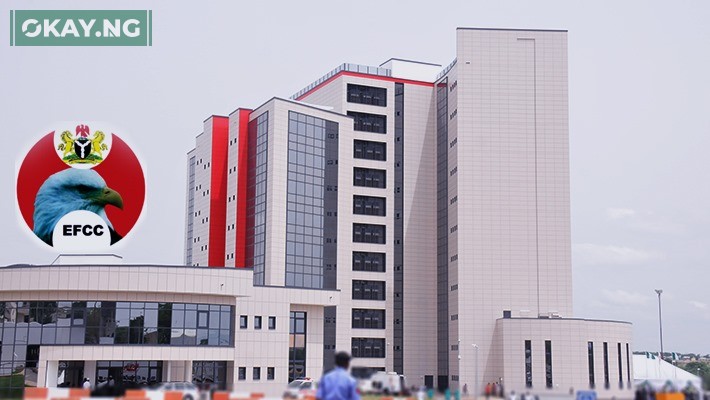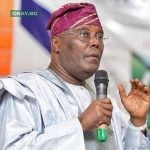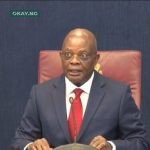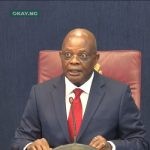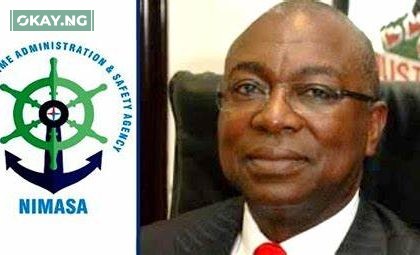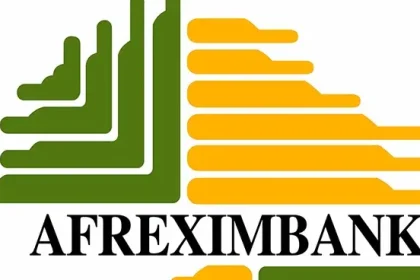The Economic and Financial Crimes Commission (EFCC) has begun investigating Okorie Sunday, a traveler detained by the Nigeria Customs Service (NCS) at Murtala Muhammed International Airport in Lagos. Sunday’s arrest occurred on March 19, 2025, upon his arrival from Johannesburg, South Africa, due to discrepancies in his currency declaration.
Initially, Sunday declared $279,000 at the airport’s Currency Declaration Desk. However, a subsequent thorough search of his belongings revealed an additional $299,000 concealed within various packages. This brought the total recovered amount to $578,000. Further examination also uncovered €100 and a suspected counterfeit $250.
On March 21, 2025, the NCS Area Comptroller at the airport formally transferred the case to the EFCC’s Lagos Zonal Directorate 2, as confirmed in a statement released by Dele Oyewale, the EFCC’s Head of Media and Publicity.
During the handover, an NCS official, Harrison, emphasized that Sunday’s actions violated the Money Laundering (Prohibition) Act 2011. This legislation mandates that all travelers entering or exiting Nigeria must accurately declare any currency exceeding $10,000.
Ahmed Ghali, the acting Zonal Director of EFCC Lagos Zonal Directorate 2, accepted the suspect and praised the NCS for their cooperative efforts. He highlighted the importance of inter-agency collaboration in achieving shared objectives. Ghali cautioned the public against making false currency declarations, stating, “We are here today to take over one passenger coming from South Africa for falsely declaring the cash he was carrying along. I want members of the public to be weary of this kind of act. It is incumbent on each and every person going out or coming into the country to declare any cash in excess of $10,000. It is mandatory by virtue of the provisions of our laws, especially the money laundering law.”
Ghali further stressed that such offenses compromise the nation’s financial integrity. “We will not allow anyone to sabotage the economy or the financial system. This kind of act exposes the country to risks, including money laundering, and gives Nigeria a bad reputation globally. We will continue to synergize efforts to strengthen the economy and financial sector,” he concluded.


